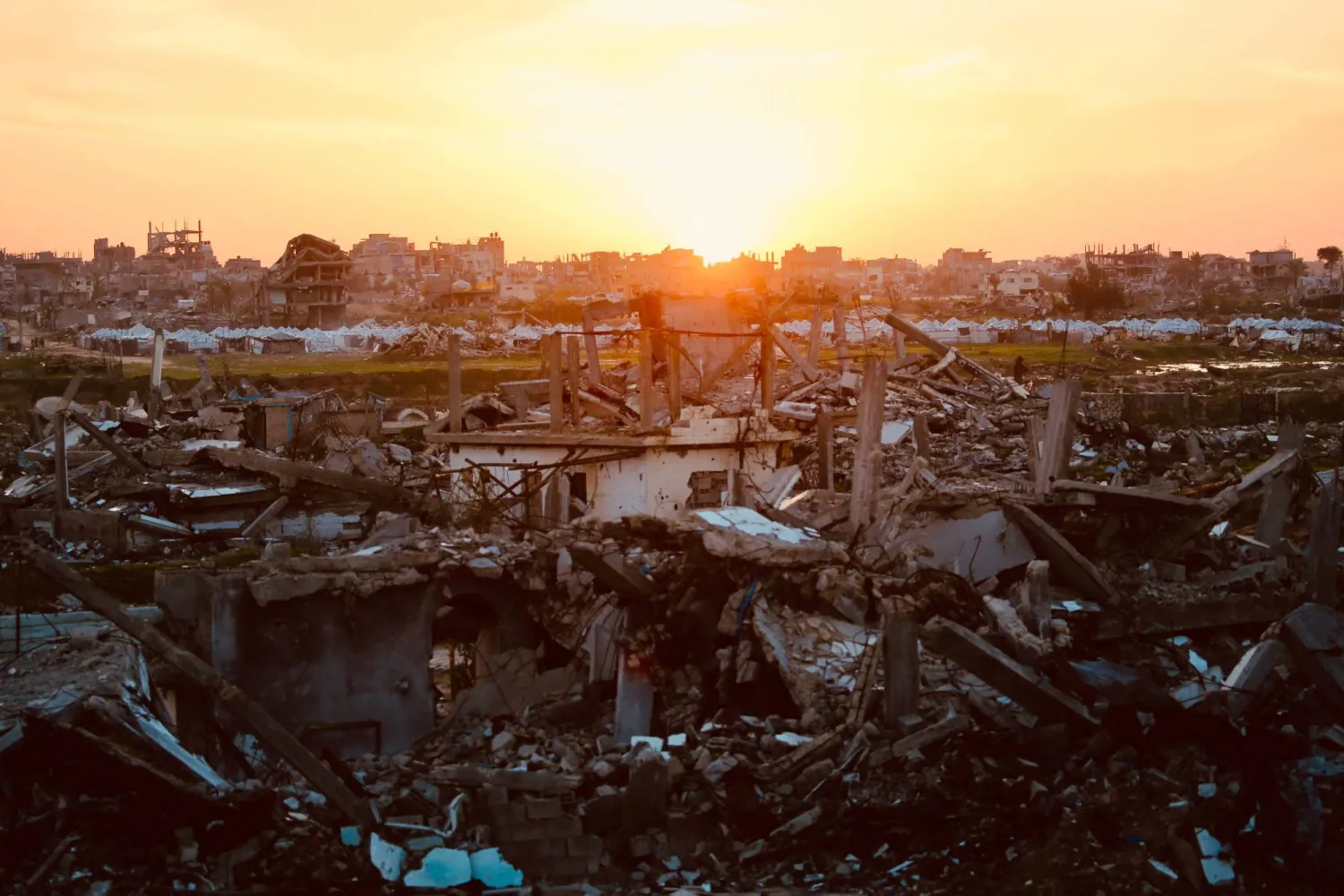The recent union elections in Lebanon saw some of the major political parties disregard their political differences and join forces in electoral alliances that led to some victories, ahead of the upcoming parliamentary polls.
After a resounding loss that the parties in power encountered in union and university elections over the last two years that followed the uprising of Oct. 2019, political blocs were able to achieve some success in union elections this year, hand in hand, directly or by agreement with independent candidates.
The results affected the momentum of the civil groups, which were unable to form strong fronts amid differences over electoral alliances, according to sources in the opposition who spoke to Asharq Al-Awsat.
The Press Editors Syndicate’s elections on Wednesday witnessed the success of a list supported by various Lebanese political parties.
Similarly, the elections of the Beirut Bar Association saw disputing political parties agree on a list headed by Lawyer Nader Gaspar, who achieved victory.
However, according to political sources, the agreement to support specific candidates in the union elections “cannot be built upon as a full alliance”, given that each election “has its own circumstances and calculations.”
Sources close to the Amal Movement said that in the union elections, “there was an intersection between the movement and other parties, including Al-Kataeb, Al-Mustaqbal and the Progressive Socialist Party (PSP), but this was controlled by specific circumstances related to the nature of the election. It cannot be generalized or built upon as preparations for the parliamentary elections.”
Political parties and forces deal with the union elections differently, as the parliamentary elections include regional and partisan criteria.
Each party had set a framework for its alliances in the upcoming parliamentary elections. While the PSP did not shut the door to an alliance with the Lebanese Forces and Al-Mustaqbal, sources close to the Amal Movement stressed that alliances were open with any party with whom it would share converging stances.
For his part, resigned MP Elias Hankash said that Al-Kataeb party was committed to its decision to forge alliances only with figures from outside the parliament and the government.
“The closest to us are the resigned deputies and groups with whom we agree on two issues: Lebanon’s sovereignty and rejection of the ‘state within the state’, and the fight against corruption,” Hankash told Asharq Al-Awsat.









